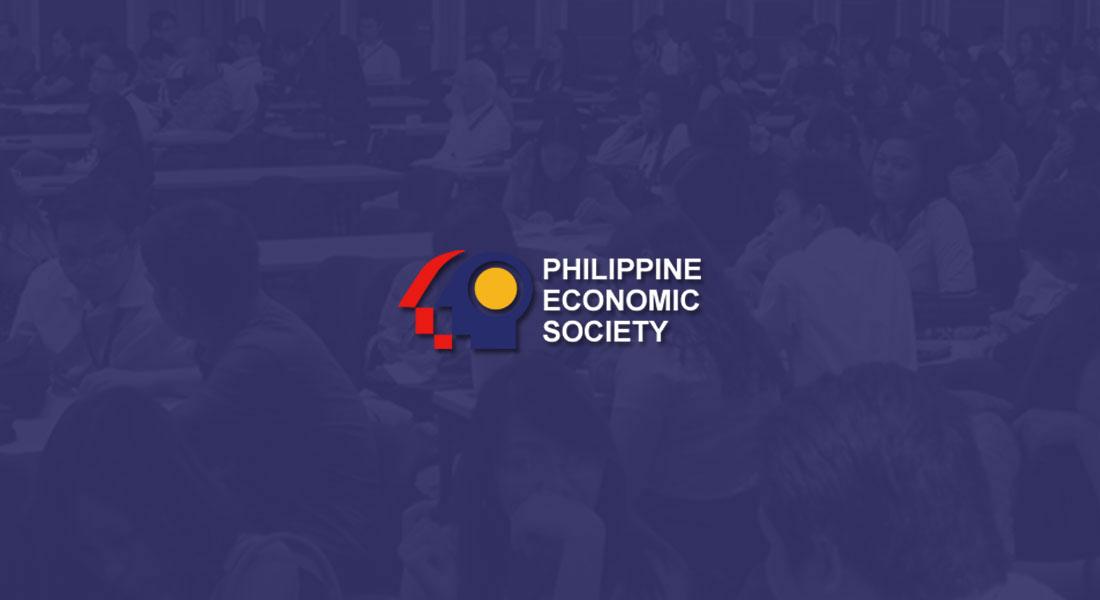
Crossroads Toward Philippine Economic and Social Progress
By Gerardo P. Sicat
A book entitled Pro-Poor Development Policies: Lessons from the Philippines and East Asia , edited by Hal Hill, Majah-Leah V. Ravago, and James A. Roumasset, was recently published and launched in Manila.
The editors and authors come from the Asia and Pacific region and have experience in East Asia or in the Philippines.
The book is published (in 2022) by the ISEAS (Institute of Southeast Asian Studies in Singapore) and by the SEARCA (Southeast Asia Regional Center for Graduate Study and Research in Agriculture in Los Banos, Philippines).
Wide-ranging pro-poor economic policies. Some contents of the book were presented in a special session of the Philippine Economic Society in the recently concluded 60th annual meeting (Nov. 9 to 11, 2022).
The book is a collection of 25 articles written on the common theme of pro-poor development policies applied to the Philippines and also to other countries in the region of East Asia. Even though economic development raises average income per capita, development does not guarantee that the poor will improve their status. Hence, the importance of the topic.
Anne O. Krueger, the international economist who had served both the World Bank and the IMF in high positions, writes in perspective about the book: “The authors cover not only the Philippine economy, but also place it in its Asian context and that of developing countries more generally. They report on the lessons learned, both positive and negative, from the various economic policies that have been adopted, with regard to both agriculture and to economic inequality.”
Although I counted 10 articles written by single authors, many of the studies were in the nature of collaborative work between senior associates along with younger assistant researchers. Much data collection and data crunching has been done to strengthen the research. It is a book for economists and economic policy-makers.
The first part of the book provides a summary overview of the studies in the book. The second chapter, which was principally written by Hal Hill, follows closely an earlier joint work that he had written with Arsenio Balisacan. It is especially recommended reading. It is on “Philippine economic development in comparative perspective: an interpretative essay.” It gives a fair account of problems of economic development policy that the country has experienced and endured in the course of four decades of history.
The body of the book covers five groupings of studies.
The first group are papers on the connection of agriculture and economic development. They include papers on the role of trade policy on agricultural development; political economy of rice policy, and the relationships of farm size and productivity.
The next group are articles on economic policy and all living standards. Specific papers deal with outcomes of economic policies on living standards; on performance in industry and trade, and the impact of population policy on development.
The third group are studies on income inequality and development. Papers on income distribution and inequality are included here.
The fourth group are economic issues that arise from the recent passage of the Philippine Competition Law. Cases concerning the improvement of competition in the Philippine are discussed here.
Finally, the international dimensions of pro-poor policies are explored in the case of the globalization of the rice trade and in international cooperation on trade and tax policies.
A celebration of the economic work of Arsenio Balisacan. This collection of papers in this book dovetails with the professional published studies of Dr. Arsenio Balisacan, an economist whose professional body of work is on poverty reduction and agricultural development policy.
It was intentionally planned that way. More than three years ago, Hal Hill of the Australian National University, James Roumasset of the University of Hawii, and Maja Ravago of the Ateneo University organized the program for a festschrift to honor Arsi’s work on agriculture and poverty research.
The plan provided sufficient time to write the studies, to arrange a conference to review the papers, and finally to revise the papers and publish the book. The plan succeeded magnificently.
Early in the second week of November, two weeks ago on his 65th birthday, Arsi had to go to an important meeting that required his personal attention. He was surprised, upon arriving in the meeting place, there was a big hall full of familiar professional friends greeting him a happy birthday. Not only that, he found a newly published book of 750 pages and an impromptu program prepared in his honor!
Of the 46 authors who contributed to the writing of the volume, about 15 of them were foreign economists from different countries as far as Japan, Australia, United States, China, and Thailand.
I recognized most of my senior colleagues from the UP School of Economics as authors contributing to the volume. Many outstanding former graduates of the school, who are now working as members of the faculty of Ateneo and La Salle universities, and also many more who work in private and in international organizations, also participated as authors in the book.
I partly quote from the foreword to the book that Professor Hal Hill had invited me to write on for the book:
“(Dr. Arsenio Balisacan) is an economist, teacher, research scholar, anti-poverty activist, and public servant, all rolled into one. In his journey of achievement, he has experienced a difficult tale of passage from poor surroundings in the Ilocos region of northern Luzon, through disciplined work in pursuit of his professional dream.
“Today, he is one of the nation’s foremost economists, respected by peers and admired by younger ones in the academe and in government, some of whom he had mentored. Importantly, too, he holds a high position of influence that can improve the country’s economic future….”
On pages 17 to 25 of the volume, the editors of the book pay their tribute to Arsi by telling the condensed story of “his journey through life, academia, and public policy.”
 Philippine Economic Society (PES)
Philippine Economic Society (PES)